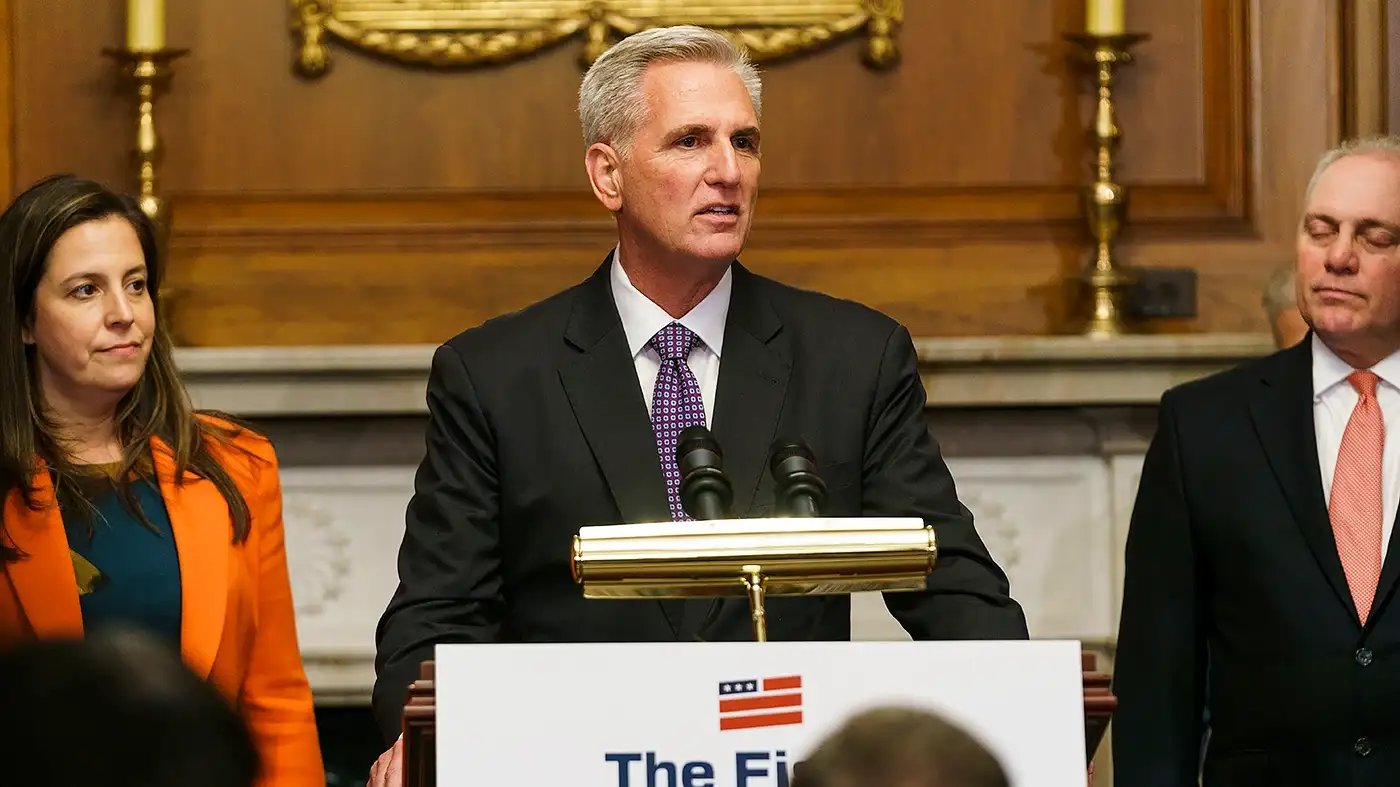The NAACP has criticized proposals to raise the debt ceiling, noting the detrimental consequences for Black Americans.

The Debt Ceiling Deal Weakens Environmental Protection, IRS Capacity, And Public Assistance
Though the package, which cleared the Senate late Thursday, keeps the country from defaulting on payments, it “reflects misplaced priorities,” according to NAACP CEO and President Derrick Johnson.
“The deal avoids the calamity of default, but it weakens environmental protection, IRS capacity needed to collect revenue, and adds burdensome requirements for Americans seeking public assistance,” Johnson said in a statement Friday. He also claimed that Republican lawmakers prioritize companies and rich individuals.
Debates over the debt ceiling have raged for months and increased when Treasury Secretary Janet Yellen warned that the federal government would be unable to pay its obligations as early as June 5, resulting in economic disaster.
READ ALSO: Inflation 2023: Families Believe They Need An Income Of At Least $85,000 Just To “Get By”
Biden And McCarthy Reached An Agreement To Repeal IRS Money And Strengthen Job Requirements
President Biden and House Speaker Kevin McCarthy (R-Calif.) ultimately reached an agreement on a bill last weekend.
The measure repeals IRS money from the Inflation Reduction Act and strengthens job requirements for persons receiving resources like food stamps and Temporary Assistance for Needy Families.
While a congressional impasse would disproportionately affect Black Americans, the NAACP warned earlier this month that work restrictions for assistance “must be resoundingly rejected,” saying such plans “play on racist stereotypes.”
Prior to reaching an agreement with McCarthy, Biden stated that he would not support cuts that would exacerbate poverty among working-class Americans. He had also rejected the idea of reducing food stamp funds.
Johnson is now urging Congress and Vice President Biden, who is anticipated to sign the package into law, to reconsider these compromises.
READ ALSO: According To Study, Eviction Rates Were Higher In Largely Black Neighborhoods




